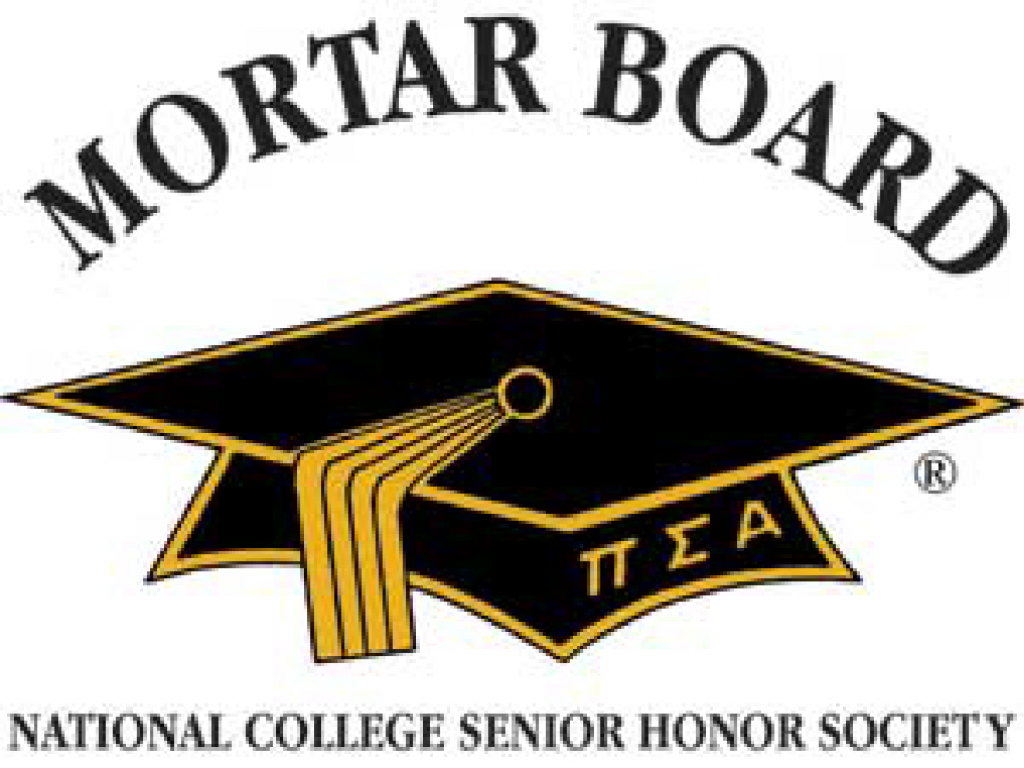Page 98 • (4,659 results in 0.057 seconds)
-

these people exist.” As for the future, Watts wants this conversation to continue. “For people of color, I want them to raise awareness in their own community,” she says. “For white people, I want them to realize that it’s not about them. (I want them to) learn something. Observe that the system was built around your ethnicity, not mine.” Read Previous Students with a Side Gig Read Next PLU students take STEM into local elementary classrooms LATEST POSTS Summer Reading Recommendations July 11, 2024
-

childhood and career interest since I was an elementary student, and engaging in undergraduate astronomy research kept me motivated and inspired throughout this entire summer,” reflected senior physics major Julian Kop. Two star systems, RR Lyrae and 68 Herculis, exhibit remarkable fluctuations in brightness, rendering them ideal subjects for telescope observation, especially during the summertime in Tacoma. Kop photographed the stars as they underwent their luminous transformations, and by analyzing
-

shaped their learning. 5. America Reads. The chapter will support PLU’s America Reads program, which aims to improve childhood literacy through service in five area elementary schools as part of the schools’ reading programs. America Reads also supports Mortar Board’s national Reading is Leading initiative. In late November, word arrived that the petition had been granted. The next step is to build PLU’s chapter; the inaugural Mortar Board will be inducted in May 2014. Here’s how it works: Current
-
154 (with 164 Lab) Biology Secondary EducationStudents planning to be certified to teach biology in high school should plan to complete a B.A. or B.S. in biology. Upper-division biology course selection should be made in consultation with a biology advisor. See the School of Education section of the catalog for biology courses required for certification. Minor20 semester hours including: BIOL 225, 226 12 semester hours elective coursework in biology (minimum 4 semester hours upper division
-
Death of Dr. William Teska: “We have lost a valued colleague, a global humanitarian, and a deeply committed leader in higher education.” Posted by: Lace M. Smith / June 28, 2016 June 28, 2016 Dear Campus Community: It is with a heavy heart that I write to inform you of the sudden passing of Professor of Biology Dr. William Teska, who was found in his home on Saturday, June 25, deceased of natural causes. Bill leaves a lasting legacy in PLU’s Environmental Studies Program, and a huge hole in
-
the instructor in consultation with the student. (1 to 12) ARTD 499A : Keystone - SR This "Keystone" course is intended for upper-division students to develop the process of educational assessment and program competencies. Focus is on integrating student learning objectives with student experience through initial development of portfolio projects and other assignments. Not repeatable. One of two courses required to fulfill the Senior Seminar General Education Element. Recommended as two semester
-
Powell-Heller Conference for Holocaust Education“Africa and the Holocaust”Keynote SpeakersFree and Open to the Public - Registration RequiredSchedule“Sub-Saharan Africans and the Holocaust”Keynote Speaker: Dr. Edward KissiWednesday. October 25th7:00 p.m. – Keynote (Regency Room, AUC)Education B.A. (History, Classics) University of Ghana, 1987; M.A. (History) Wilfrid Laurier University, CANADA, 1991; Ph.D. (History) Concordia University, Montreal, CANADA, 1997. Biography Edward Kissi is
-

personal connection with the audience as we explore their vastly different backgrounds and experience their journeys with Islamophobia. I could relate to their stories. We were all in elementary school when the tragic events of 9/11 happened, barely old enough to understand what had happened, and too young to fully comprehend the magnitude of the event. We have grown up since with the image of the ‘Muslim terrorist’ broadcast daily on local and national news. It’s hard to take that step back and ask
-

share their summer research from the W. M. Keck Observatory Julian Kop ’24 classifies variable star systems, data processing and modeling. “Astronomy and Astrophysics have been my childhood and career interest since I was an elementary student, and engaging in undergraduate astronomy research kept me motivated and inspired throughout this entire summer,” reflected senior physics major Julian Kop. Two star systems, RR Lyrae and 68 Herculis, exhibit remarkable fluctuations in brightness, rendering
-
education and was able to put academic words to my experiences and learn to do research. Since then my college experience has been something I could not even imagine. I started working at a local elementary school with Big Buddies and got to mentor a first grade student. I was able to work for the program that helped me go to college. I was able to be the resident assistant for the first in the family wing and then when my mom got sick move off campus to help take care of her. Then, using the extra time
Do you have any feedback for us? If so, feel free to use our Feedback Form.


